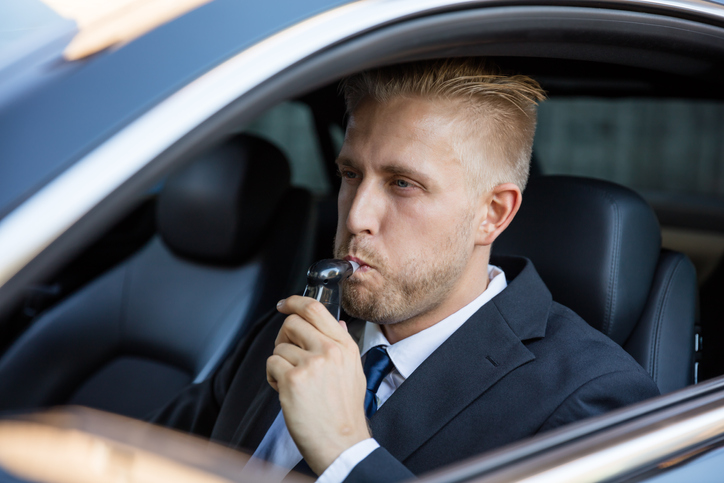Will in-car breathalyzers really become mandatory in California by 2026?
The automotive landscape is on the cusp of a transformational change that could have profound implications for road safety and, consequently, the landscape of personal injury claims/cases arising from car accidents. At The Jagroop Law Office, Inc., our focus has always been on representing car accident victims in Newark, CA, throughout the San Francisco Bay Area, and throughout the entire State of California. Thus, we believe that it is crucial to understand and discuss the implications of the upcoming in-car breathalyzer mandate.

A New Era of Road Safety
The Infrastructure Investment and Jobs Act of 2021, endorsed by United States President Joe Biden, contains a provision that might significantly reduce drunk driving incidents. By 2026, this law mandates that all new motor vehicles sold in the United States of America should possess the ability to passively determine if drivers are under the influence of alcohol. If detected, the motor vehicle will prevent the driver from operating it, potentially saving countless lives.
A Work in Progress
It is essential to note that while the mandate is clearly spelled out, the precise technology to implement it is still under development. The onus now lies on the automotive industry to create a system that is both reliable and effective.
Currently, Japanese company Asahi Kasei is at the forefront of this innovation, with its Swedish subsidiary having worked on alcohol detection sensors for various applications over the last quarter-century. Asahi Kasei’s collaboration with automakers, suppliers, and government entities aims to bring this life-saving technology to market as swiftly as possible.
The Mechanism
The proposed technology sounds both simple and revolutionary. Cars will be fitted with sensors, possibly within the steering column or door trim. Drivers would need to exhale towards this sensor, which would then rapidly ascertain the alcohol content in their breath. The sensor’s workings revolve around an algorithm that compares the amount of ethanol in one’s breath to naturally occurring carbon dioxide, using infrared light to measure the concentration of ethyl alcohol.
Implications for Personal Injury Cases
The introduction of this technology has the potential to drastically reduce alcohol-related car accidents. For victims of such motor vehicle accidents and personal injury attorneys, this could signify a future where roads are safer, and DUI-related motor vehicle accidents are rare.
However, as with all new technology advancements and developments, there will undoubtedly be issues that rise to the surface. Questions about the system’s accuracy, potential malfunctions, calibration errors, and more might arise. These factors could play a significant role in motor vehicle accident/personal injury claims/cases if, for example, a malfunctioning system allows a drunk driver to operate a motor vehicle.
A Safer Tomorrow?
While the introduction of mandatory in-car breathalyzers could herald a safer era for motorists, it is essential to approach the technology with an understanding of its potential pitfalls. At The Jagroop Law Office, Inc., we remain committed to representing car accident victims to help them fight for the monetary compensation that they deserve. As the automotive landscape evolves, so too will our approach, ensuring we remain at the forefront of personal injury case resolution and client advocacy.